Traveling across the Scottish Highlands and Islands today you'll find no shortage of welcoming hotels, inns, pubs, B&Bs, and other signs of Scotland's world famous hospitality. The kind of places where you can enjoy a hot meal, a wee dram, a bit of social interaction and, at the end of the day, a nice warm bed to sleep the night away. Indeed Scotland is one of the most welcoming places for travelers in all the world. But today's remarkable Scottish hospitality industry had to begin somewhere, especially in the rural settings of the Highlands and Islands. New research suggests that much of the Highlands and Islands warm welcoming spirit began at the turn of the 19th century, thanks in large part to the emergence of some hearty female innkeepers!
Theresa Mackay - Photo contributed by Theresa Mackay
Theresa Mackay is an Assistant Professor, and Program Head at the School of Tourism and Hospitality Management at Royal Roads University in Victoria, British Columbia, Canada. She has recently completed her Master of Letters in the history of the Scottish Highlands and Islands. In doing so, she uncovered some unique new information about the earliest beginnings of the hospitality industry in the region of Scotland, the Highland and Islands – namely the role of female innkeepers. Encouraged to pursue her research it became her masters dissertation and an article based on that work to be published in 2018 titled Women at Work: Innkeeping in the Highlands and Islands of Scotland 1790 to 1840 and has already won the Women’s History Scotland Leah Leneman essay prize for 2016.
Mackay's research began with a single 19th century diary, that of Dorothy Wordsworth - yes the sister of poet William Wordsworth. Dorothy's Highland travel diary made mention of a number of female innkeepers and encouraged by her advisor, Mackay began to look deeper. What she found is shining a new spotlight on female innkeepers and their role in establishing the infrastructure of the modern day hospitality industry across the Highlands and Islands.
Dorothy Wordsworth - Photo contributed by Theresa Mackay
As travel opened up across the Highlands and Islands in the late 1700s the need for accommodation grew rapidly. Lairds with huge landholdings in the region were quick to "seize the day" and the number of Inns exploded as, along with the already existing drovers, a new gentry class of traveler began to emerge spurred on by wars in Europe and the romanticizing of the Scottish Highlands in popular literature of the day. Guidebooks began to be published in the period and though the railroads would not enter until later, travel by horseback and the occasional steam ship opened the region to tourism. The numbers bear out Mackay's research. In Ross and Cromarty alone she found that while there were no inns at the start of this period, by the end there were 42.
Amulree hotel sign - photo credit Theresa Mackay
Laird's wanted innkeepers with clean reputations and so often turned to women, many of whom were widows or singletons and possessed of requisite skills, like the ability to cook and serve a meal, to spin bedsheets, pour a wee dram and perhaps surprisingly, keep the peace among their sometimes rowdy customers.
Inns became the center of activity where ever they were located, developing trade with the local baker, blacksmith and others in order to fulfill their customer's demands. Everything from stabling of horses to concierge services were expected of these innkeepers and these women consequently often found their status in the community rising to new levels. In short, as Mackay's research is proving, much of the infrastructure of the modern day hotel and hospitality industry was lain by these pioneering women, networking businesswomen, entrepreneurs, long before the terms were known.
Amulree hotel today. - photo credit: Lis Burke [CC BY-SA 2.0 (http://creativecommons.org/licenses/by-sa/2.0)], via Wikimedia Commons
Interestingly for Mackay her research came full circle when she learned that one of her own Scottish ancestors, Flora Mackay, worked as an innkeeper in Scotland, albeit 100 years after her research period, and on a family outing it was Mackay who found her gravesite. Following on to her research Mackay sees the possibility of a new tourism trail being developed in Scotland, the "Innkeeper's Trail" perhaps, wherein tourist could visit and learn the stories of the many still existent historic inns and the women who directed them at the birth of the hospitality industry in the Scottish Highlands and Islands.
Theresa Mackay at the gravesite of her ancestor and innkeeper, Flora Mackay. Photo contributed by Theresa Mackay
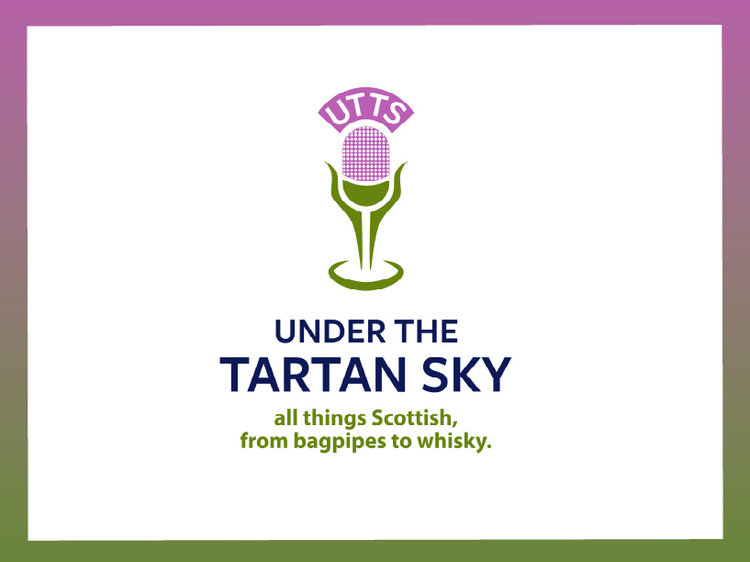

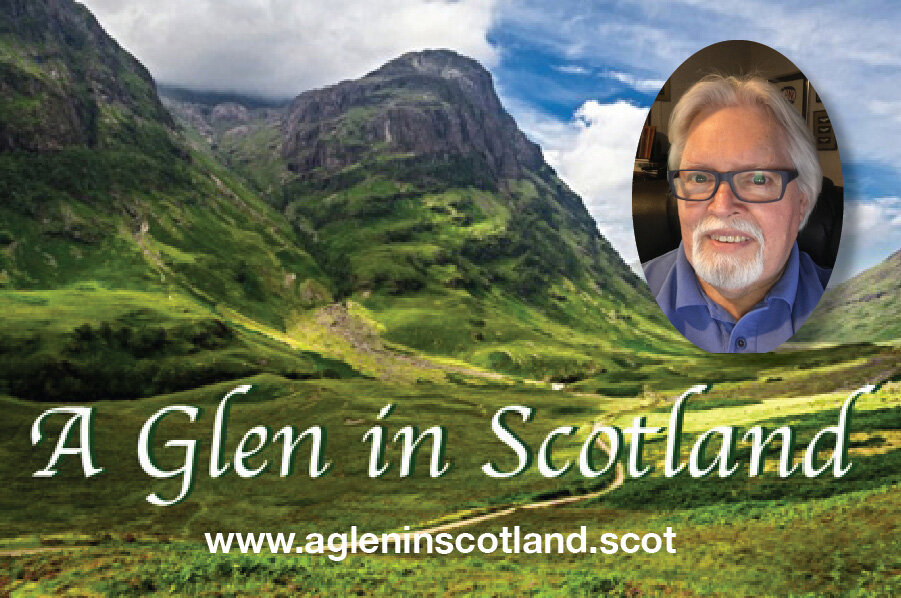
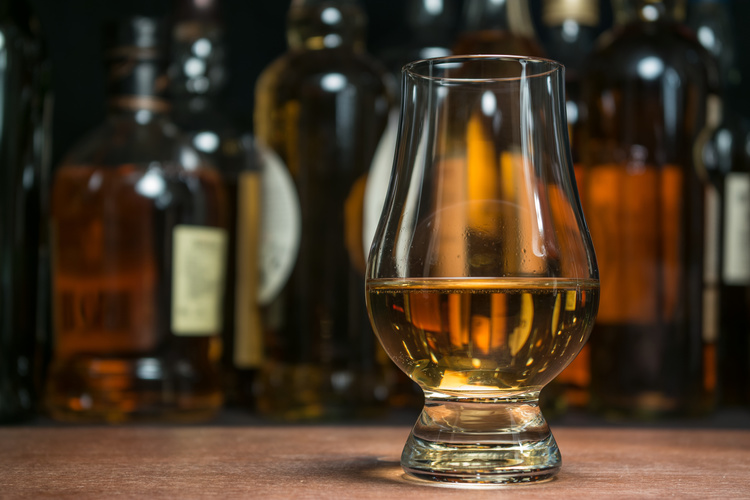
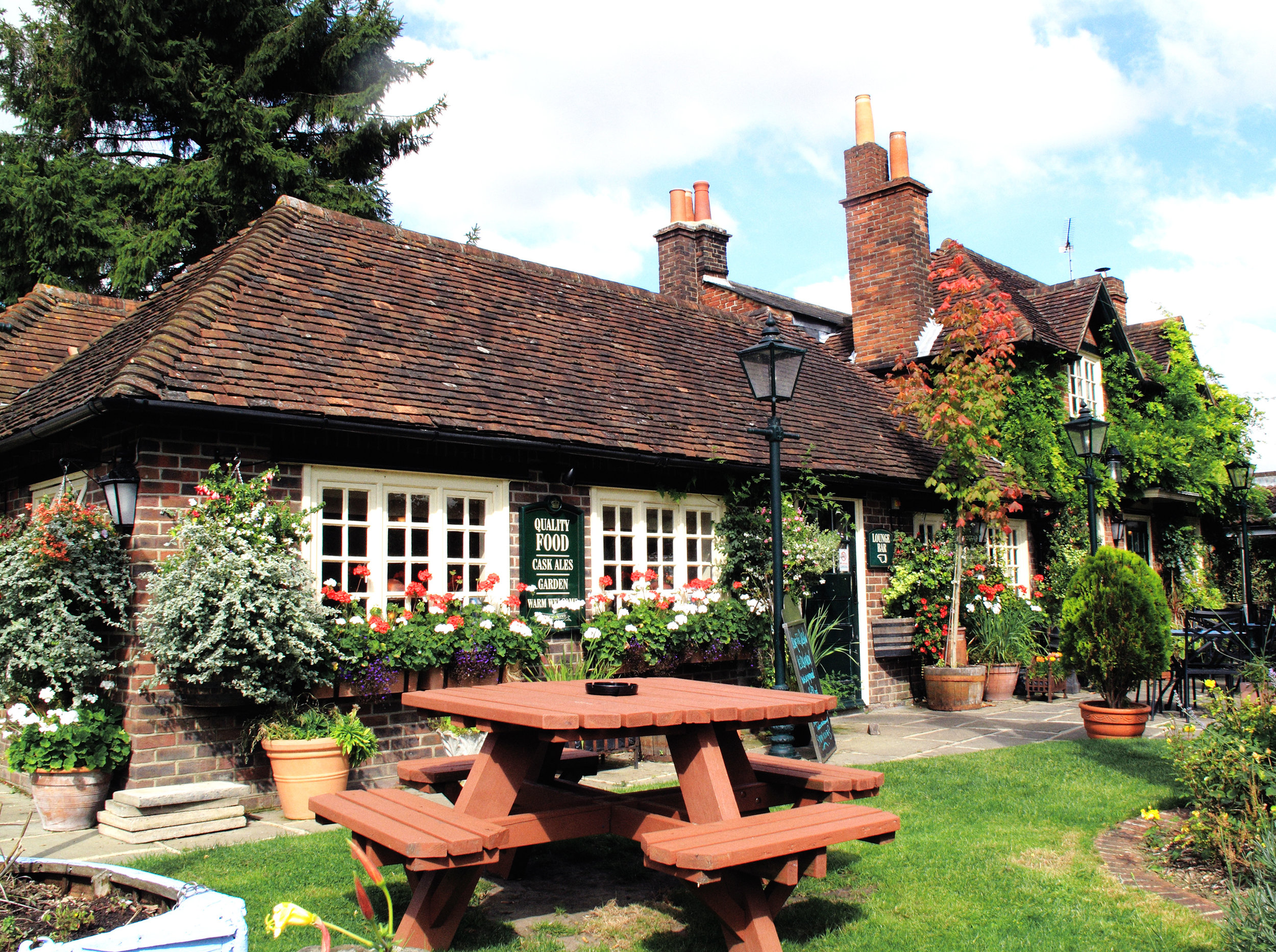
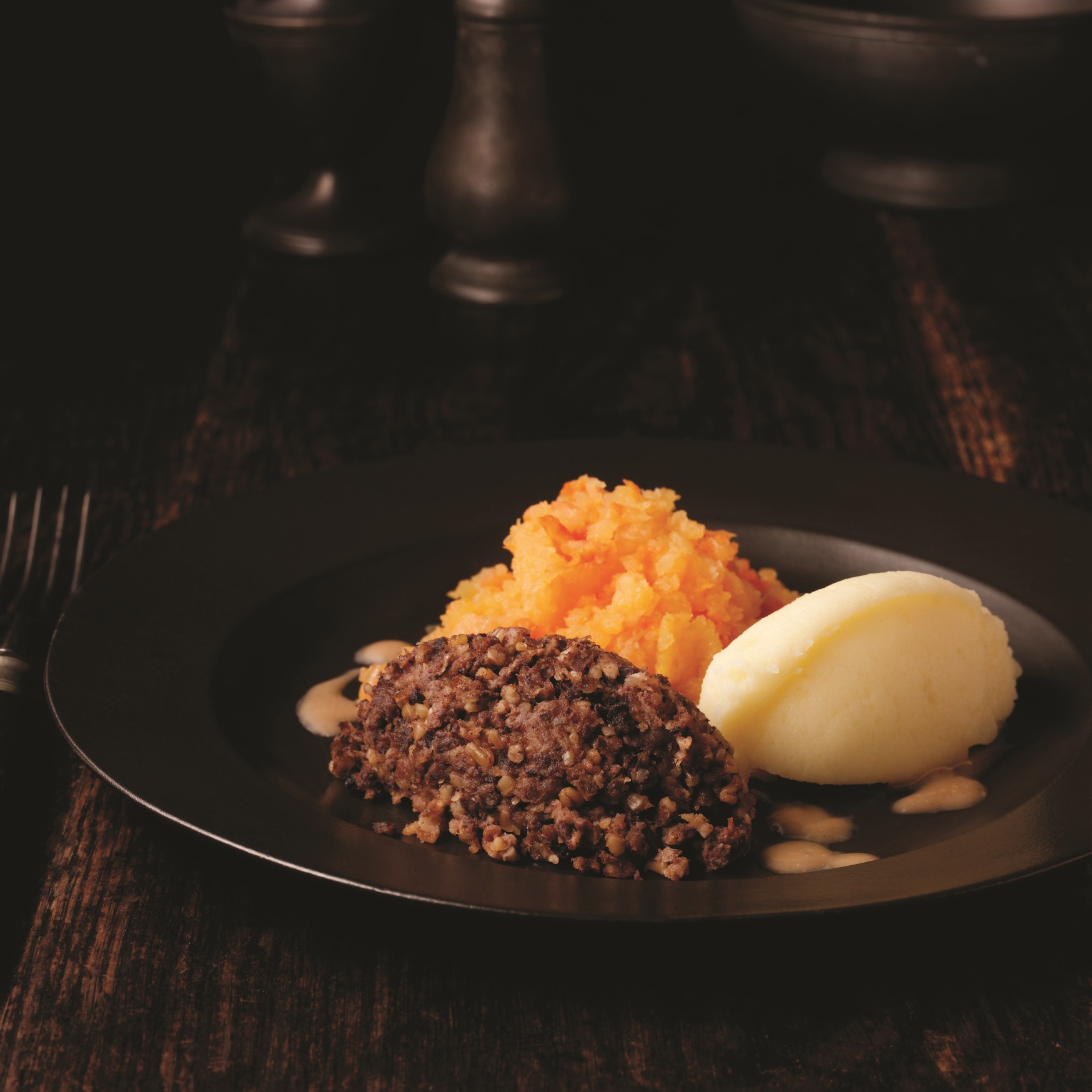



![Amulree hotel today. - photo credit: Lis Burke [CC BY-SA 2.0 (http://creativecommons.org/licenses/by-sa/2.0)], via Wikimedia Commons](https://images.squarespace-cdn.com/content/v1/5567a228e4b004726f799b1d/1497464981150-40TM3LB4P8JG4Y6AYNMB/image-asset.jpeg)


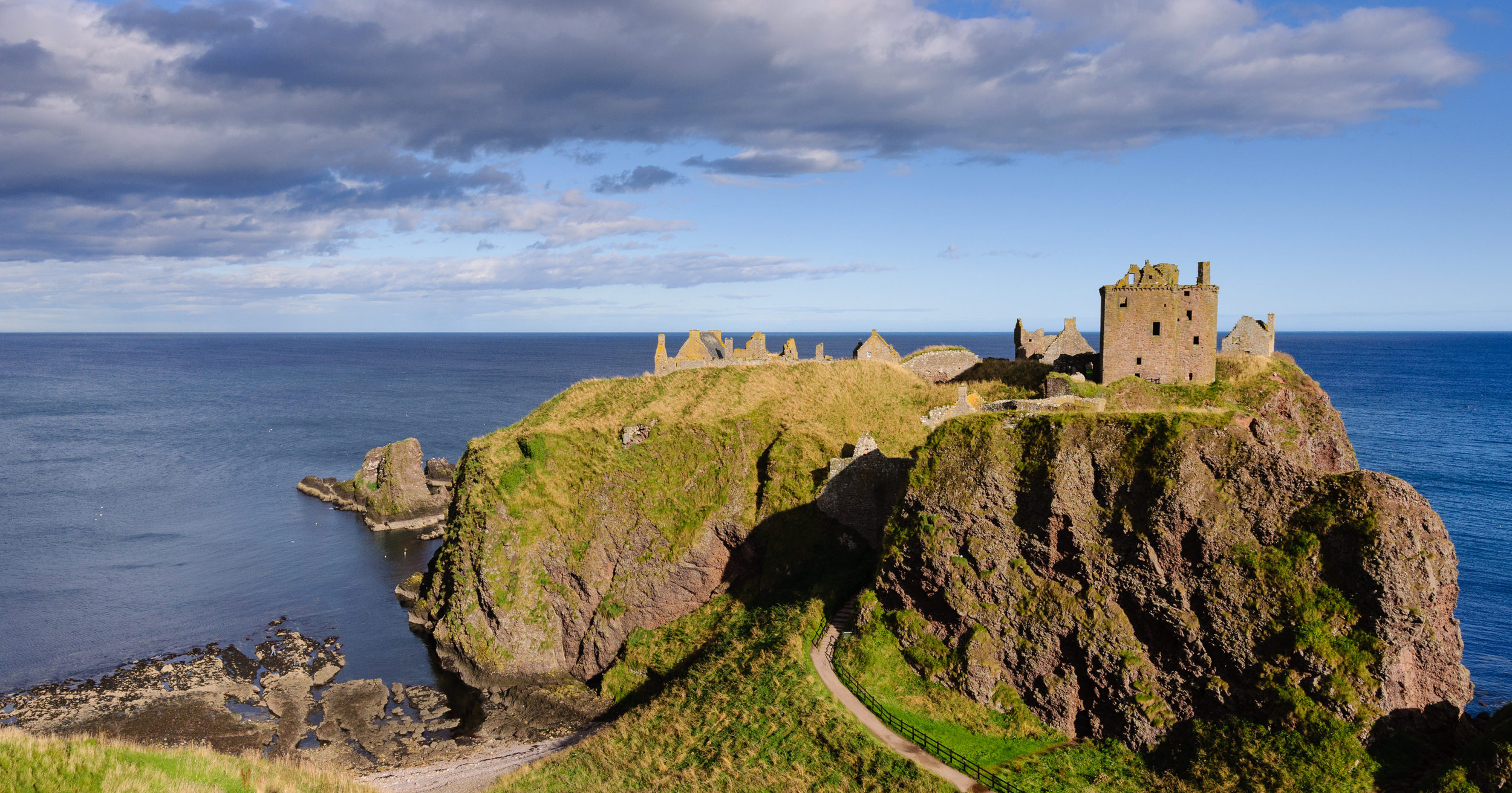

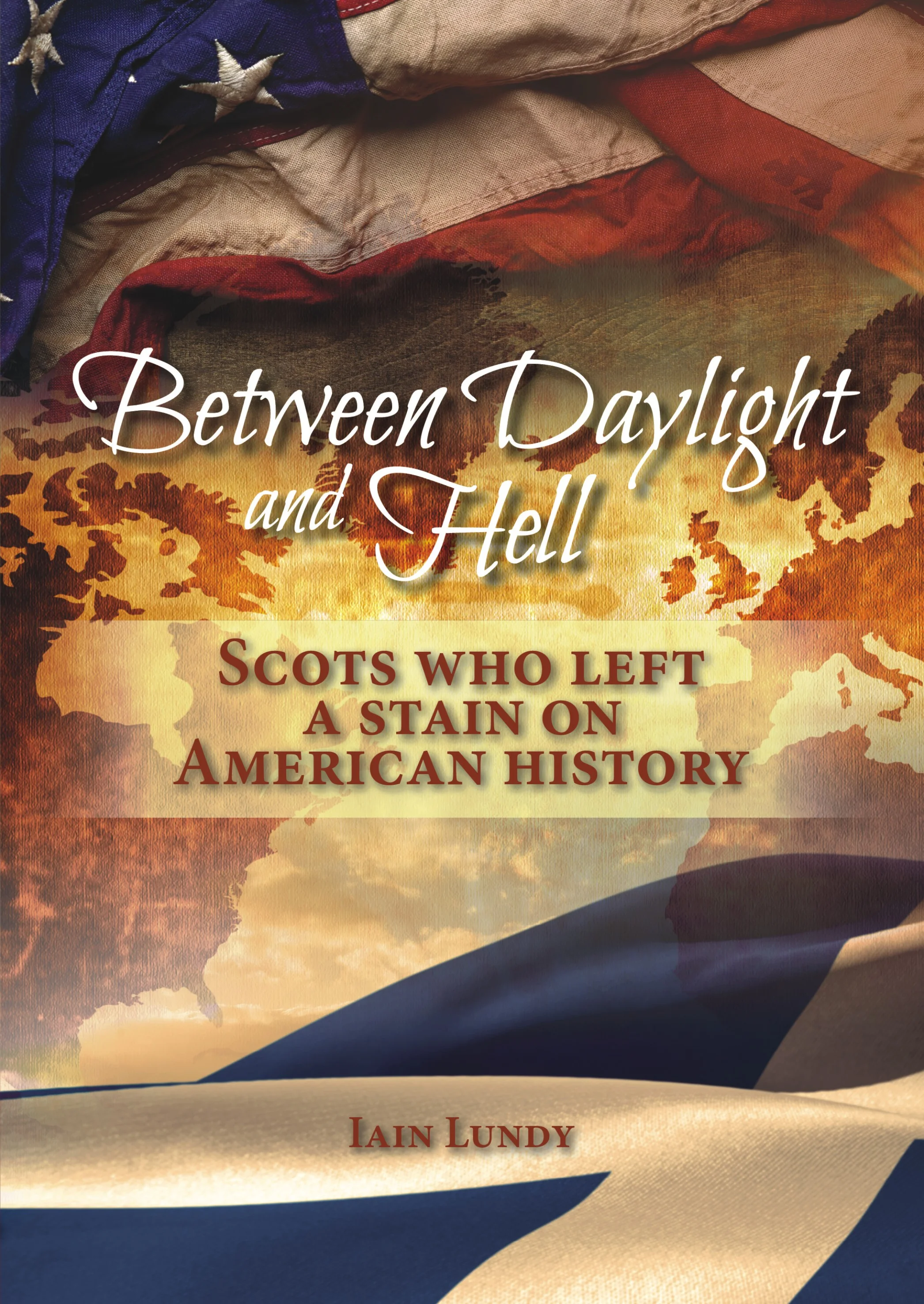
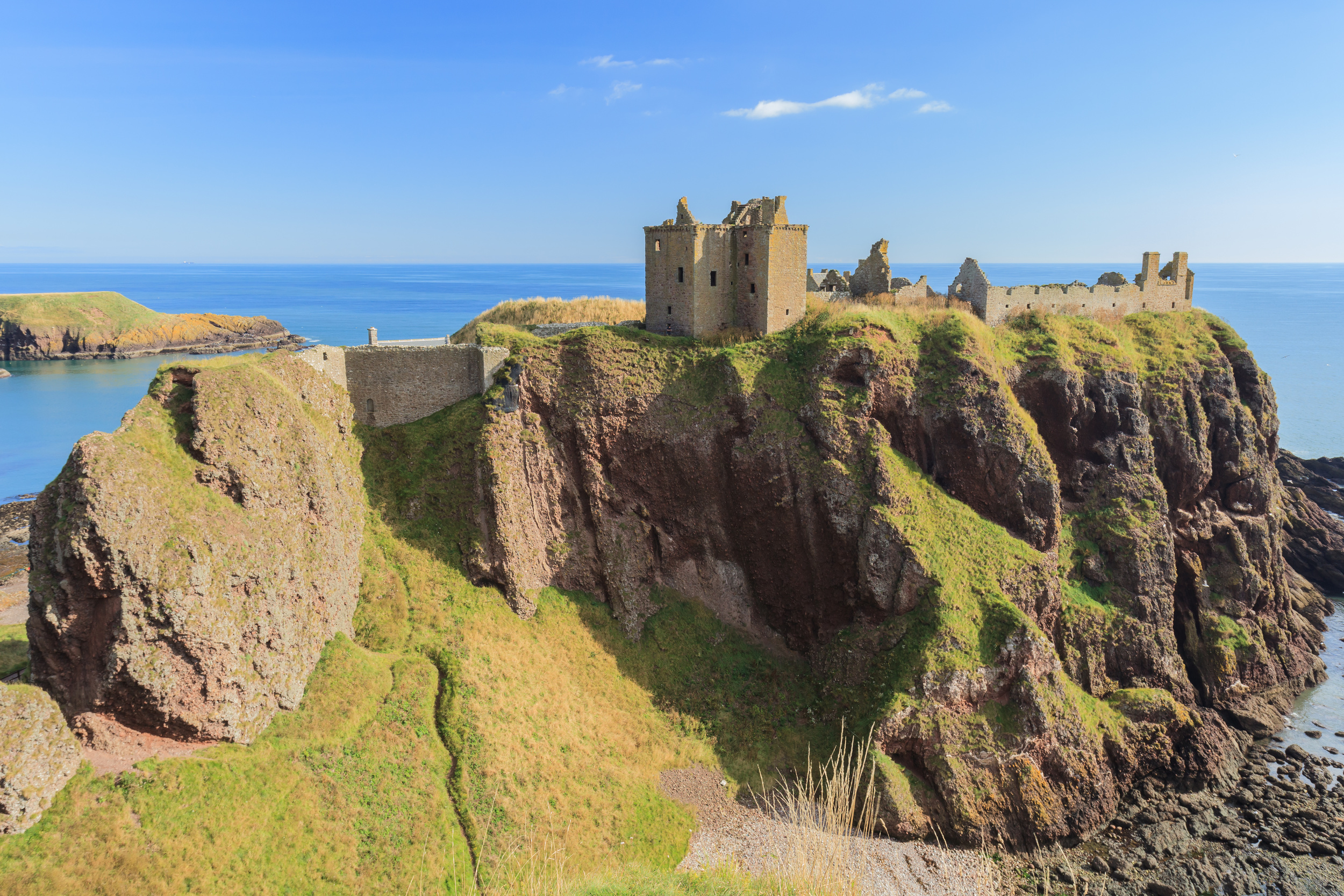




The Historic Inns Tour offers an easy to follow route through the Scottish Highlands using four historic Inns as anchor points to see many sights along the way.